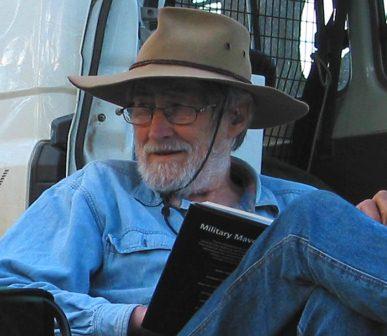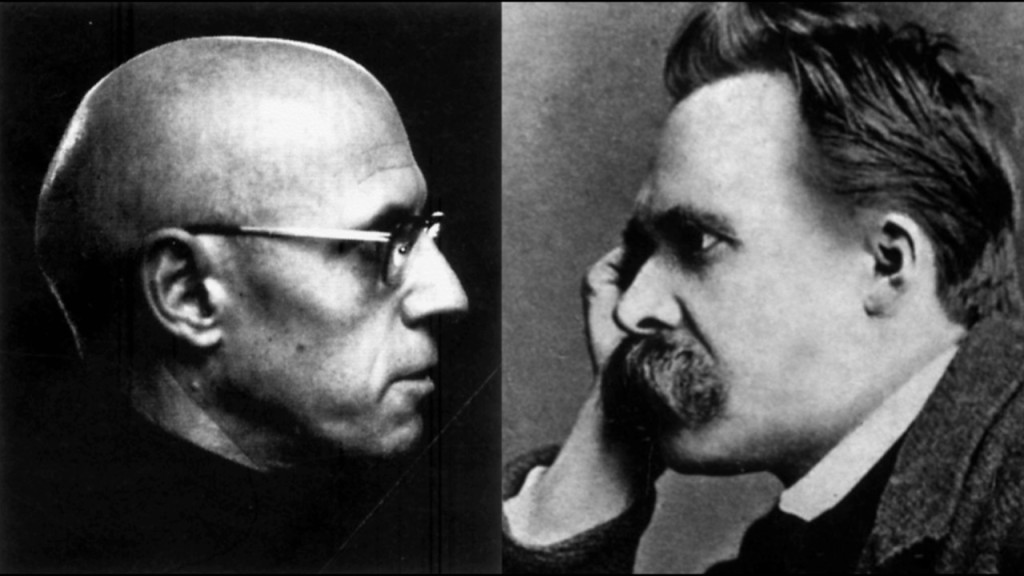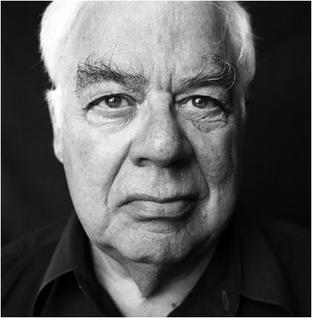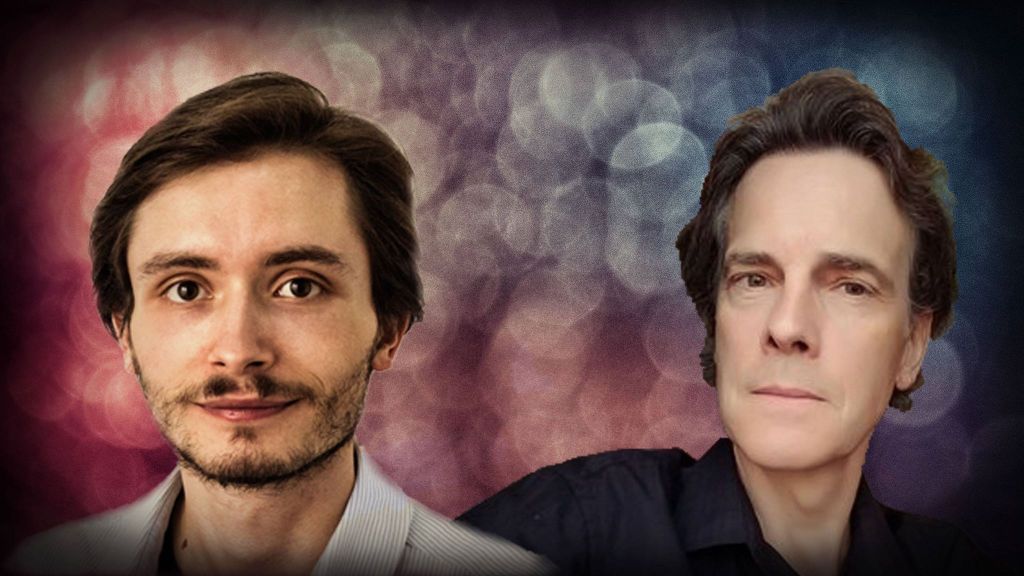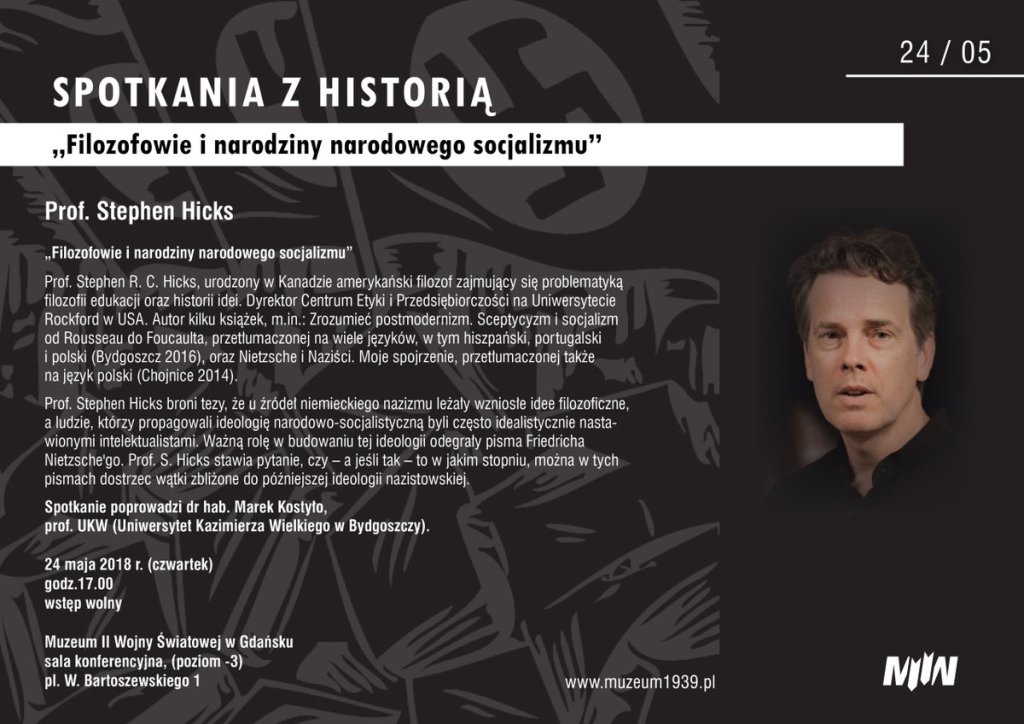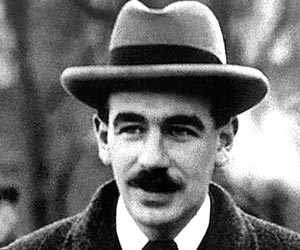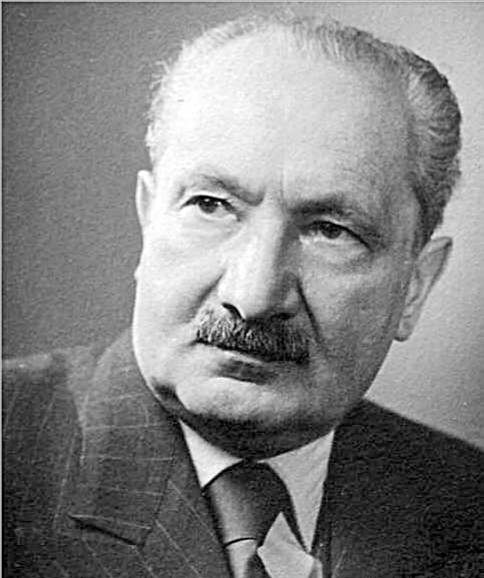Brian Medlin in *Explaining Postmodernism*
In 1957 — the decade during which the first generation of postmodern thinkers was arising — philosopher Brian Medlin claimed: “It is now pretty generally accepted by professional philosophers that ultimate ethical principles must be arbitrary.” For more on the context of Medlin’s point and its implications for postmodernism, see p. 87 of my Explaining Postmodernism: […]
Brian Medlin in *Explaining Postmodernism* Read More »
